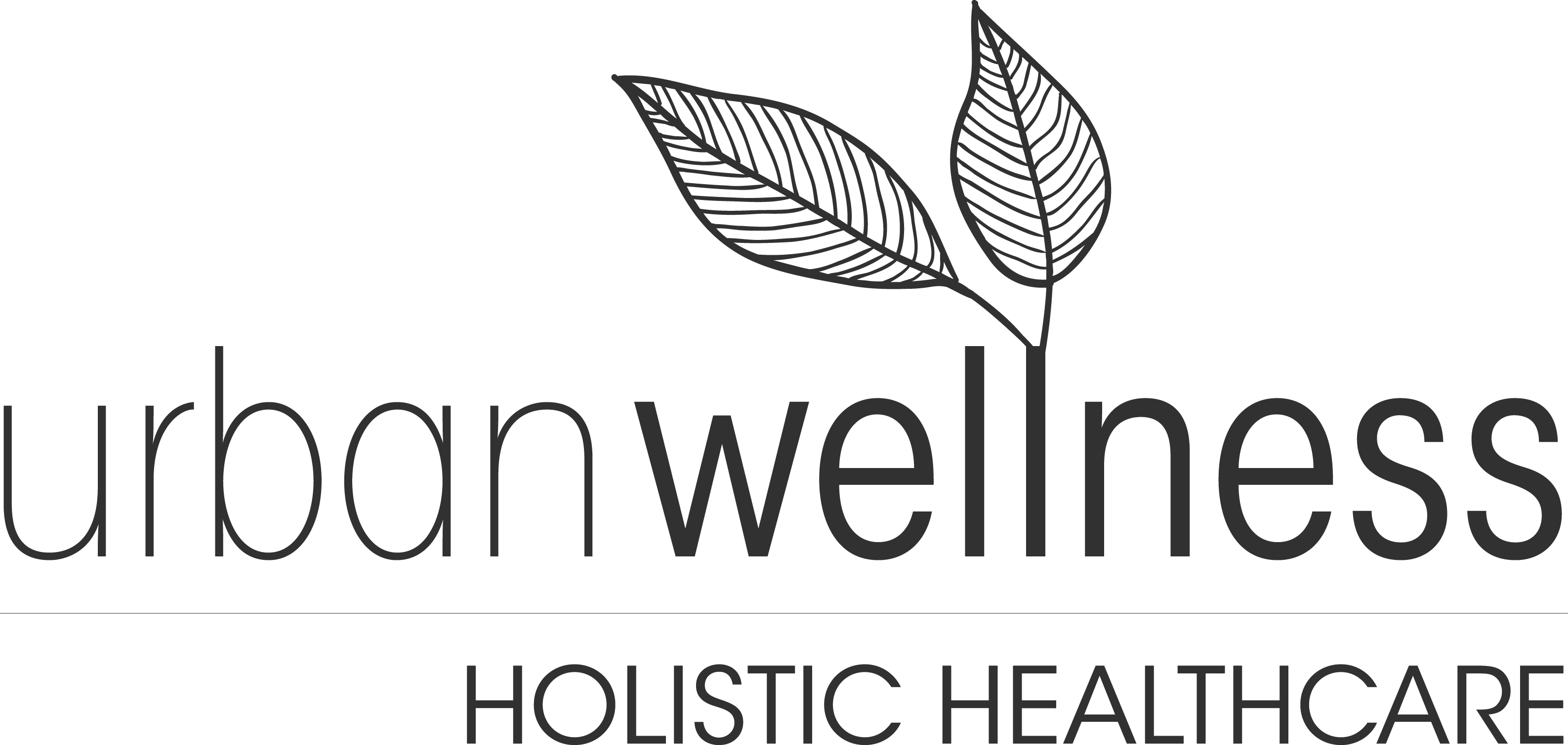Traditional Chinese Medicine 101: What is Acupuncture?
The acupuncture points have the power to govern or connect with a body part it’s not even close too. Isn’t that incredible? Lets take a moment to understand why that is by discovering what is acupuncture in the first place. If you’ve had acupuncture before, you may have wondered “Why is my acupuncturist putting a needle in my foot when my back hurts?This all because of the meridian network, or rivers of energy that run along the body that connect to a specific organ. Needling a specific acupuncture point or acupoint can invigorate the entire meridian, which can access areas of the body that aren’t in the region of the needle. For example, needling a point along the Liver Meridian that starts at the big toe, can influence all the bodily functions the Liver is responsible for.
Manipulating Qi Flow
Acupuncture points along a meridian can manipulate the flow of Qi. They are anatomically specific, have a physiological function along with an energetic or spiritual application. This can be done via acupressure where gentle force is applied to the point with the hand, fingers or a tool. Or more effectively with acupuncture, whereby a slender needle is inserted into a point puncturing the skin.
Having a comprehensive and thorough knowledge of the meridian network, the nature of each point and how these relate to human physiology is crucial to practice acupuncture with clinical success. Practitioners also have to understand the underlying principles of this medicine along with training ourselves to become experts with the needles. It’s never a guessing game, but an approach steeped with intention and safety in mind.
The Acupuncture Needle
One of the most common issues I’ve faced as a practitioner is trypanophobia, the overwhelming fear of needles. For the squeamish (myself included), lets take a minute to learn what an acupuncture needle actually is and how it differs from needles used in a western medical setting.
Acupuncture needles are not like those you would have experienced when being immunized or having a blood test administered. There is a key difference in the actual structure. Needles that inject things in or suck fluids out are called bore needles. These needles can be more painful because they go deeper into your body to ensure the vaccine goes into your blood stream or can take a sample of blood out as they puncture the skin.
Acupuncture needles are also inserted into the body, but not as deeply. They are known as filiform needles as they are completely solid and not hollow like the bores. They’re also much thinner in terms of gage.
Does It Hurt?
I often get asked, ‘does acupuncture hurt’? It really depends on where you’re getting needled. Some areas are more sensitive than others like the soles of the feet or what you’re getting needled for like a muscular spasm in the neck. Clinically, I have had patients remark that they found it painless, while others felt a very strong sense of stimulation at certain points. I myself have been needled by various practitioners and I’ve also experienced a mixture of both. I think it’s important to find an acupuncturist that has a style of needling that is right for you. Just how some people dislike deep tissue massage, while others crave it, I feel the same goes for acupuncture.
Sensations During Acupuncture
I’ve also had patients exclaim that they’ve notice that when one point is needled, a previously needled point is suddenly activated. All of these sensations are known as Da Qi, or Big Qi. Acupuncturists are purposefully inserting a needle to change the polarity of Qi at a particular acupoint to bring about physiological healing. Here are some common experiences people have felt during acupuncture:
- Warm at the site
- A radiating sensation
- Feeling of heaviness
- Itchiness
- A dull aching or soreness
Please note, that if any of these sensations feel overwhelming or intense, its totally ok to inform your acupuncturist. There is no point in grinning and bearing something if its going to leave you tense and anxious. When working with patients, I keep a clear line of communication open and always check-in. If a needle needs to be removed early, its really not an issue as the patients comfort always comes first.
Final Thoughts
Acupuncture is a treatment that truly needs to be experienced. This process is meant to heal and never hinder. By activating the acupuncture points, we influence the bodies Qi. As individualized medicine, TCM focuses one person and one treatment at a time. As everyday is different so are the point combinations; don’t expect to get the same needles all the time. Having the ability to help people with their ailments and having so many points to choose from makes my work truly thrilling. By using these slender needles to affect shifts in the body and mind truly amazes me. And if you haven’t tried it for yourself, I truly hope that you do. The life force is moving, the body is rebalancing all in the hope of achieving homeostasis.
Feeling a little lost? Have no fear! Check out the first segment of this series by clicking here!
Or Book a Session with Kavita Here
Visit Kavita’s website for more insights into Traditional Chinese Medicine

